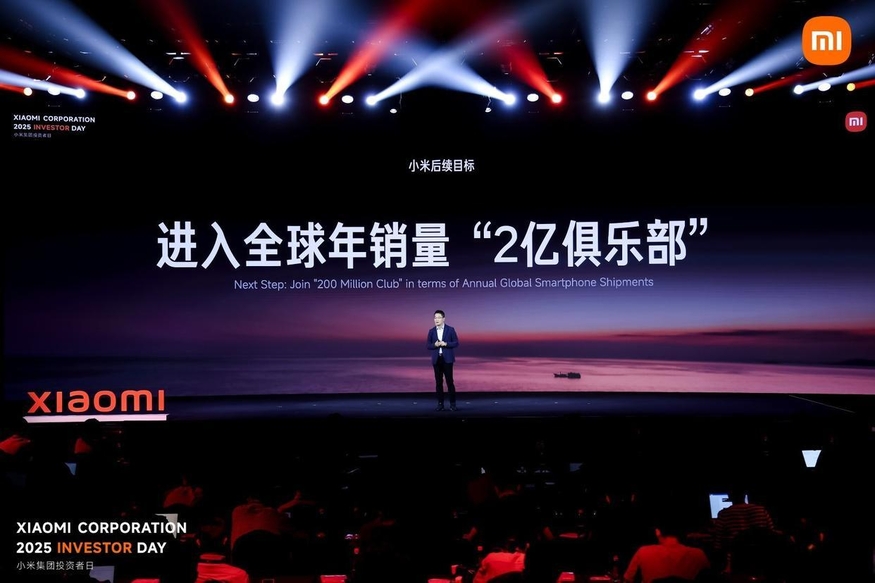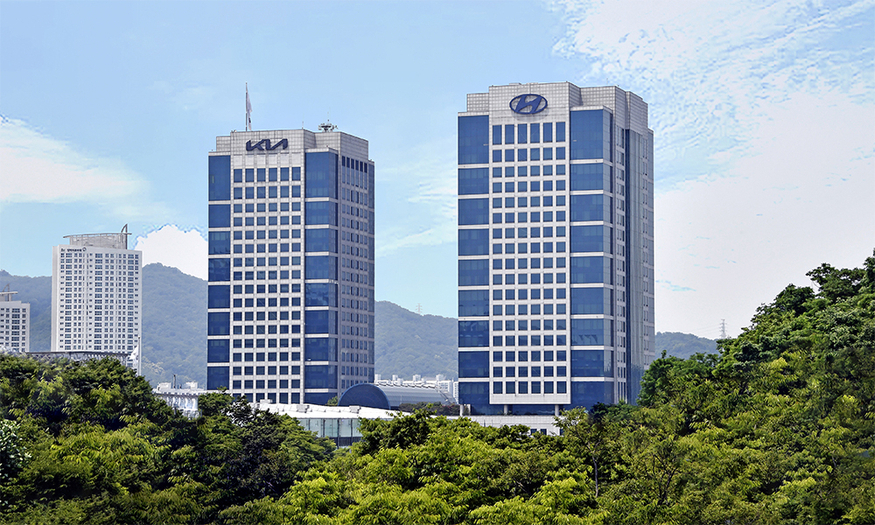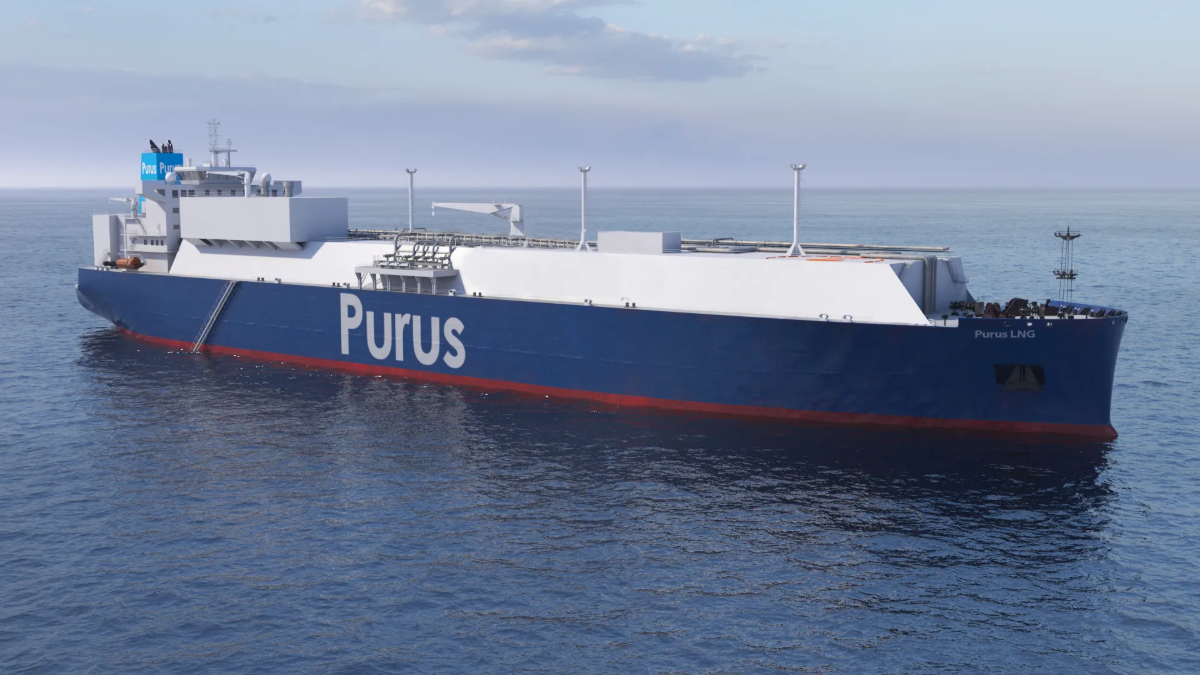
Hyundai Motor Company is adjusting its production tempo in the global electric vehicle (EV) market, yet it continues to receive positive responses in the U.S. Recently, the automaker has been considering a temporary halt in the production of its Ioniq 5 model at its Indonesian plant due to a significant drop in local sales, necessitating proactive inventory management. Last year, sales of the Ioniq 5 plummeted by 78% to just 1,561 units.
In contrast, the U.S. market has shown a different trend, with Hyundai’s sales on the rise. In January 2024, Hyundai sold over 54,500 vehicles in the U.S., marking a 15% increase compared to the same period last year. Notably, the Ioniq 5 and Ioniq 6 set new sales records, with 2,250 and 871 units sold, respectively. Although Hyundai did not disclose specific sales figures for the Kona EV, overall sales across all powertrains dropped by 34%.
However, the policies of the Trump administration present new challenges for Hyundai. The administration has intensified protectionist measures and expanded regulations on foreign manufacturers to encourage domestic EV production. This shift means that Hyundai must adapt to these policies and potentially increase local production to maintain its competitiveness in the U.S. market. As such, it remains to be seen how these political developments will impact Hyundai’s standing in the American automotive landscape.
Looking ahead, Hyundai plans to launch the Ioniq 5 and its first three-row electric SUV, the Ioniq 9, this year, aiming to sustain its growth momentum in the U.S. market. While the production adjustment at its Indonesian plant is still under consideration, Hyundai is committed to utilizing HMMI as a key export hub for its EVs. The Indonesian government has pledged support for optimizing local parts procurement and establishing partnerships with local companies, which is expected to enhance Hyundai’s competitiveness in the global EV market.
Ultimately, Hyundai is navigating domestic challenges while enjoying popularity in the U.S., making it crucial for the company to strategize effectively in the face of impending political uncertainties.














